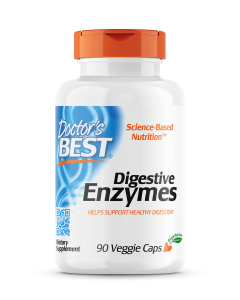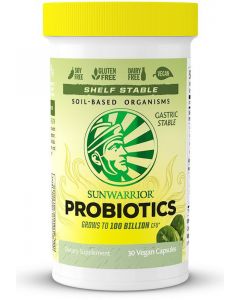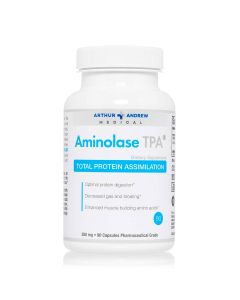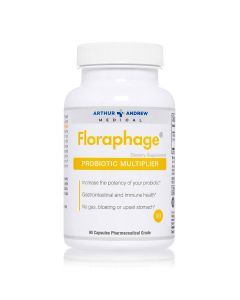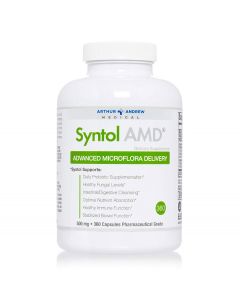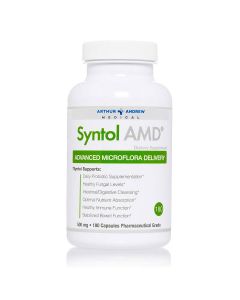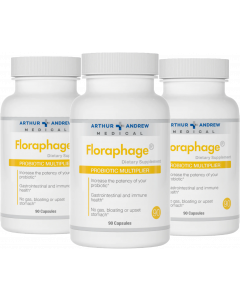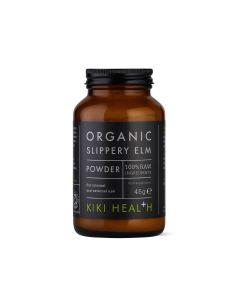-
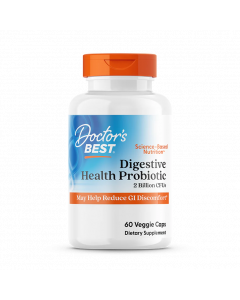 Doctor's Best - Digestive Health Probiotic – 60 caps - OPRUIMINGShipped todaySpecial Price € 18.95 € 24.95
Doctor's Best - Digestive Health Probiotic – 60 caps - OPRUIMINGShipped todaySpecial Price € 18.95 € 24.95 -
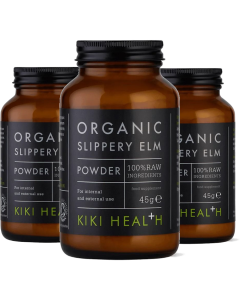 Kiki Health - Slippery Elm Powder Organic - 3 x 45 gram BundleOut of stock€ 53.42
Kiki Health - Slippery Elm Powder Organic - 3 x 45 gram BundleOut of stock€ 53.42
€ 62.85(Starting at € 53,42 p/u)
- Shipped today!
- Free shipping from € 45
- Postpay possibility
- Review score 9.4
- Earn reward points
- Shipped today!
- Free shipping from € 45
- Postpay possibility
- Review score 9.4
- Earn reward points
- Home
- Vitamins & Supplements
- Other Supplements
- Probiotics


What are Probiotics?
Probiotics are supplements containing living organisms (bacteria) that are intended to provide health benefits (Source: NCBI). We have millions of bacterial cells in our body, which are concentrated in our digestive systems. Many people view bacteria as harmful or dangerous, but there can be some types that are very helpful. Think of probiotics like spiders, some are deadly while others are friendly, harmless and kill flies and other bugs!
What is the difference between prebiotics and probiotics?
That is a great question and a topic that often causes some confusion! Prebiotics are supplements that provide food for the bacteria in our colon, while probiotics provide the actual bacteria. To provide food for the bacteria in our colon, we need the substances to remain in the digestive tract avoiding absorption and digestion. These include indigestible fibres and other food components.
What types of bacteria are in probiotics?
There are many different strains of bacteria in the digestive system. However, the most commonly supplemented are Lactobacillus and Bifidobacterium (Source: NCBI). There are many different types of lactobacillus and they are known as one of the main "friendly" bacterial families. It is often used to treat diarrhea, irritable bowel syndrome, and infections.
Should I use a probiotic supplement?
You should always consult your doctor or physician when considering a probiotic supplement, or any supplement for that matter. If advised to consider a probiotic supplement, it may be because you have experienced gastrointestinal distress due to either infection, chronic condition, or some other issue. Probiotics can provide a crutch or boost to help regenerate and diversify the protective bacteria in your colon.
Key Health Aspects of Probiotics
Regenerate Beneficial Bacteria
Beneficial bacteria in the colon can help to support a plentiful and diverse bacterial profile in the gut. These bacteria are needed to protect against infection and harmful pathogens. This is especially beneficial if the bacteria have been damaged or reduced due to a chronic condition or infection.
Produce Healthful Compounds
Another important function of probiotics is the production of healthful compounds in the gut. These include short-chain fatty acids such as butyrate and propionate, which we can use for energy and to protect cells.

